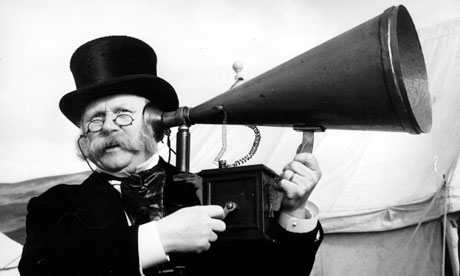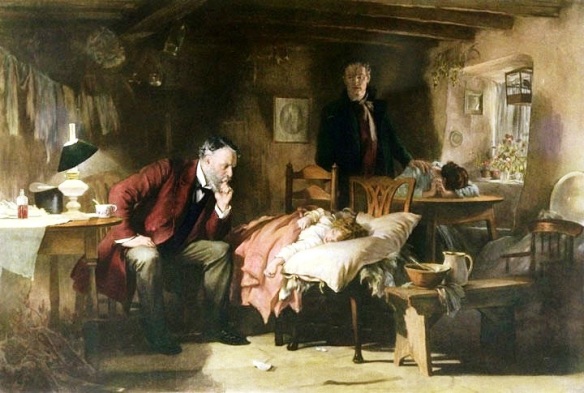By Bernadette Keefe MD and Matthew Katz MD
The classic ‘triple aim’ for healthcare is a framework developed by the Institute for Healthcare Improvement (IHI) that describes an approach to optimizing health system performance. IHI asserts that new designs must be developed to simultaneously pursue three dimensions which we call the ‘Triple Aim’:
- Improving the patient experience of care (including quality and satisfaction)
- Improving the health of populations, and
- Reducing the per capita cost of health care
Numerous publications suggest that the list be expanded to a ‘Quadruple Aim’ to include: Improving the Care of and Experience of The Provider (ie MDs/other HCPs).


 Bernadette Keefe MD
Bernadette Keefe MD


